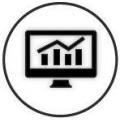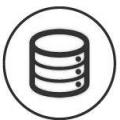The R for Data Science workshop series is a four part course, designed to take novices in the R language for statistical computing and produce programmers who are competent in finding, displaying, analyzing, and publishing data in R.
Day 4 (functions and packages)






